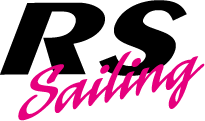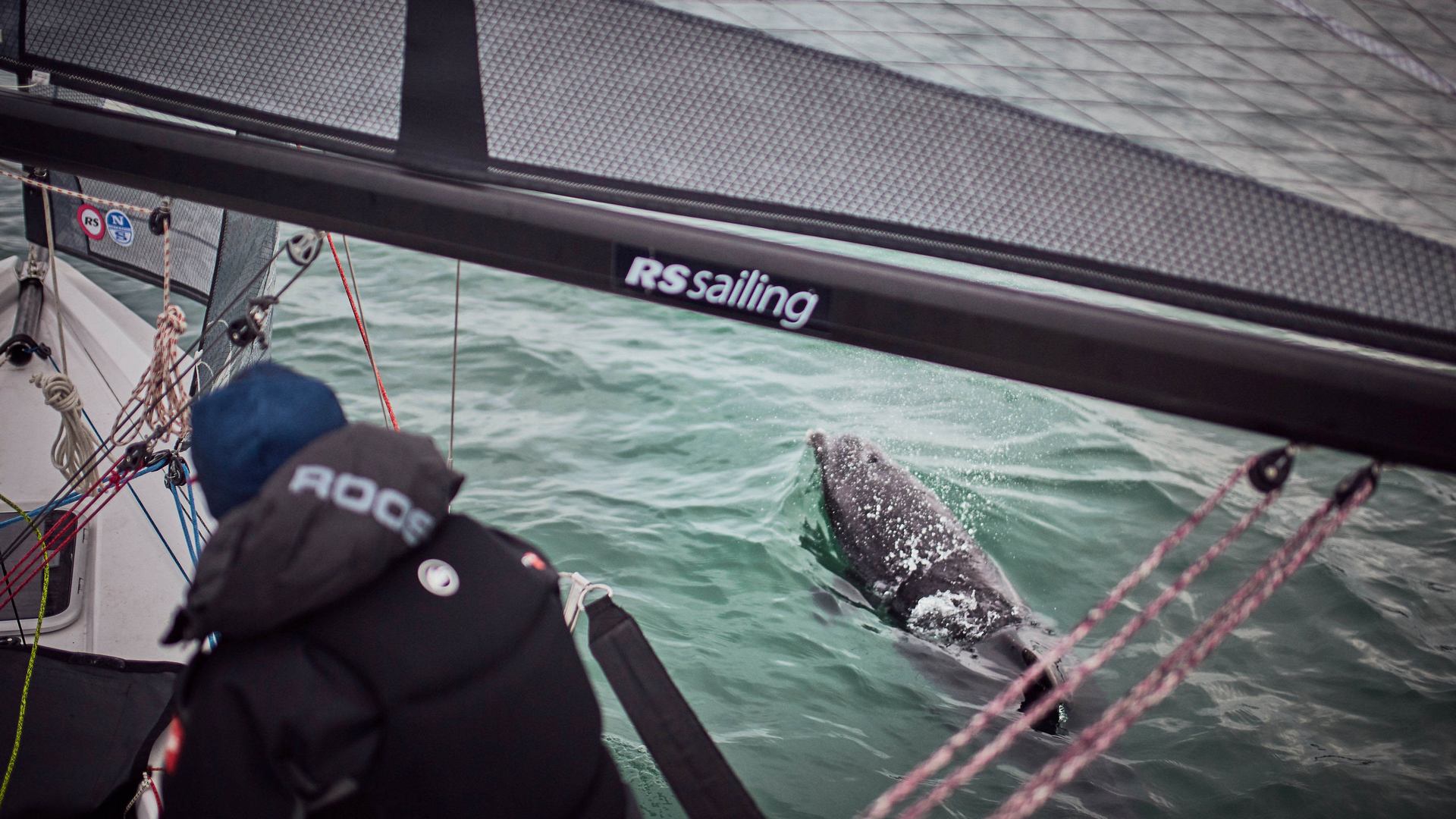COVID-19 has changed the world as we know it over the last few months and as everything starts to slowly come back to some kind of new normality, there are a load of new challenges to overcome as a sailing club or training centre. We’ve taken some time to catch up with the amazing team The Green Blue and they’ve shared their thoughts on how to safely sanitising your dinghies without harming the environment. For many, COVID-19 has left them with a new found appreciation for the incredible planet around us, we should all consider how we can protect the ocean as well as ourselves in every way we can.
Most importantly clubs and training centres need to take a considerate and conservative approach to re-starting operations, ensuring that any activities comply with Government guidance on social distancing. Guidance on this can be found by clicking here. The COVID-19 preventative measures are vital to protecting health and wellbeing and to minimise pressure on frontline services. We all have a role to play by following the Government guidelines.
The Green Blue have been referencing this UK Government guidance for cleaning areas where a person with known Covid-19 symptoms has been present. Following this guidance will therefore reduce risk significantly in all circumstances at a club or training centre whether or not someone has been showing symptoms.
- One of the main options on the Government Advice is to clean with household detergent followed by disinfectant, all using disposable cloths or paper towels.
- Try to use paper towels if possible as they are less environmentally damaging than disposable cloths.
- Ideally, cleaning would be undertaken where there is a specific wash-down area or filtered drainage, however these are not common at sailing clubs or training centres. Therefore, using any MAROL-accredited cleaner that is certified for release into water bodies should be fine for initial cleaning unless there are specific local byelaws for protection of sensitive habitats. There is one company on The Green Blue’s product directory, Ecoworks, that produces MARPOL-certified products. Otherwise, using household eco-products such as Ecover or Bio-D would be acceptable. Users should also avoid any product containing micro-beads that will increase microplastic pollution of water bodies.
- Following the Government guidelines above you should then apply disinfectants using cloths or paper towels to areas that have been handled, which will hopefully avoid or at least minimise water pollution.
- They specifically note to try and avoid creating splashes of the cleaning materials.
- Areas such as the tiller, boom, sheets, gunwales, painter, cleats and trolley handles are all likely to be high contact areas but you must complete your own assessment of the equipment you own and establish where those ‘high contact’ areas will be on your dinghies.
- RS boats are renowned for their durability but please always do a patch-test before lathering your entire boat with a cleaning product. Read the instructions carefully before using any product on your hull, sails or hardware.
We’re no experts in this, so please always reference your local Government guidelines to minimise risk where ever you are in the world. Always undertake your own risk assessments specific to your venue and operations before proceeding. Ensure you check local byelaws for protection of sensitive habitats too. It is important to consider both the COVID-19 risks and the products that you will be using and their effect on the environment.














